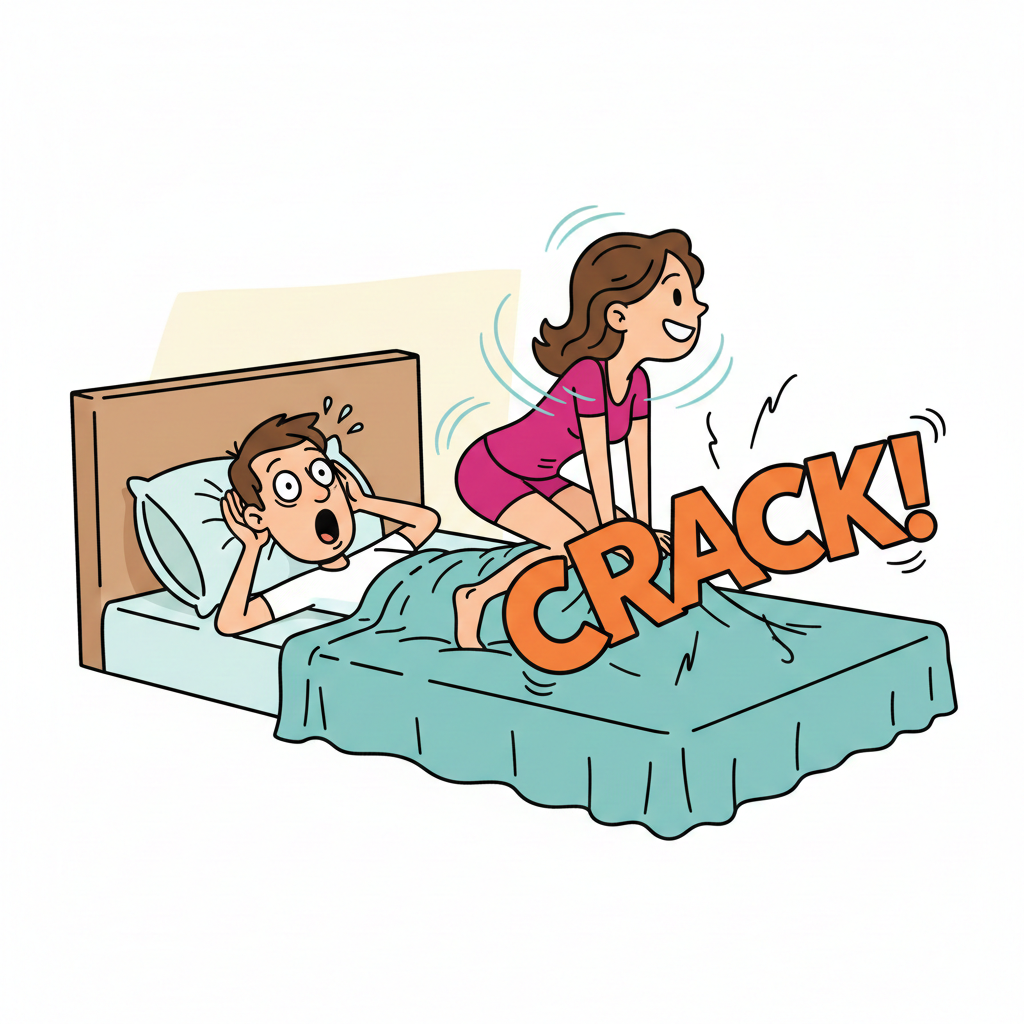
A supporter of the Pro-Kurdish Peoples’ Democratic Party (HDP) braces himself for the sweet man-goo of democracy during the parliamentary election, in Diyarbakir, Turkey, June 8, 2015. (REUTERS/Osman Orsal)
For it is written, to the one with much juice, much deliciousness will be given unto him. Much love to the juicy.

A supporter of the Pro-Kurdish Peoples’ Democratic Party (HDP) braces himself for the sweet man-goo of democracy during the parliamentary election, in Diyarbakir, Turkey, June 8, 2015. (REUTERS/Osman Orsal)

A recently surfaced 1864 letter provides a glimpse into a little-discussed affliction among Civil War soldiers – chronic masturbation.
The handwritten note by Confederate Lt. William Dandridge Pitts inquires about the condition of his brother Charles, who was discharged from the army in 1862 due to an unspecified “illness.” Charles was residing at the Western Lunatic Asylum in Virginia.
According to Charles’ doctor and accounts from fellow soldiers, his illness was a relentless addiction to masturbation. “I have had some conversation with the physician who attended my brother previous to his going to the asylum,” Lt. Pitts wrote, “and he advises me…that [Charles] was addicted to masturbation, while in camp.”
The letter highlights the mental health toll of the war, even before combat began. Soldiers forced to endure their comrades’ “self-pollution” no doubt developed deep psychological scars.
While masturbation remained taboo in the Victorian era, it was pervasive enough in the military to earn the nickname “Johnny Reb.” The irony of this affliction among troops from Virginia, the “state for lovers,” was surely not lost on the Pitts family.
The letter survives in excellent condition despite its delicate subject matter. This “director’s cut” offers intimate insight into secret struggles in Civil War ranks.

Do Men Buy Flashy Cars to Overcompensate? Study Finds Truth in Old Stereotype
A new study suggests there may be some truth to the old stereotype that men buy flashy sports cars to compensate for lacking in other areas. Researchers at a London university set out to explore if feelings of inadequacy about penis size motivate men to seek out symbols of virility like sports cars.
The team manipulated participants’ perceptions of their manhoods by presenting misleading information intended to make some men feel below average in endowment. These men were then more likely to express interest in buying a sports car, suggesting they may use conspicuous consumption to boost self-esteem.
The effect was strongest among men over 29, who showed statistically significant increased desire for sports cars after receiving small penis misinformation. The study indicates that age impacts mating strategies, with older men more motivated to showcase status to overcome perceived inadequacies.
This builds on earlier research finding sports cars help men attract dates but don’t necessarily signal long-term partner potential. The authors suggest further study into whether other luxury items similarly compensate for male insecurities.
Of course, flashy cars likely provide an ego boost regardless of the driver’s anatomy. But this study sheds light on the deep-seated psychology potentially at play for midlife men gripped by sports car fever. While pop culture has long joked about compensation, this research suggests a real link between feelings of inadequacy and conspicuous consumption.


When his penis slipped out while she was on top of him, she fell on top of it with her perineum, which is the area between her vagina and anus.
His erection ended right away, and horrifying images show his penis hanging at an angle.
After waiting three hours before going to the hospital, the unidentified man became concerned when his penis began to swell and blood began to leak from the tip.
To examine the injuries, doctors were forced to “de-glove” his penis, which means peeling off the skin.
They discovered a one-inch (3 cm) fracture in the spongy tissue that swells with blood during an erection in the shaft of the penis. Additionally, he broke his urethra.
Sanglah General Hospital doctors wrote about the incident in the International Journal of Surgery Case Reports.
Penis fractures are uncommon injuries that necessitate immediate treatment when they do occur.
It usually takes place during sex, and the most common positions are “doggy style,” in which the man is behind the woman, and “cowgirl.”
The man went to the emergency room shortly after the accident, where doctors inserted a thin, flexible camera into his penis to look at the damage.
The man’s urethra, the tube inside the penis that allows urine to leave the body, was ruptured, they discovered.
After degloving the penis, they rushed him to surgery and discovered the fracture.
The man was given an erection using drugs to ensure that no blood would leak out after the break was stitched back together, and his penis was carefully bandaged.
Following a 21-day time span, the 44-year-old purportedly made a full recuperation and had the option to keep an erection and pee regularly.
One of the doctors who treated the man, urologist Dr. Muhlis Yusuf, said that different sexual positions could cause penis fractures.
They wrote in the case report, “‘ Doggy style was the most common vigorous sexual position.
‘Another concentrate likewise revealed that penile crack generally happens assuming the lady is in a predominant position.’
Dr. Yusuf went on to say that men’s embarrassment over the injury might cause them to delay seeking treatment, which could make these kinds of injuries worse.
The man’s injuries were not detailed by the medical professionals.
Although the man made a full recovery and was able to have sex again without pain, the case report did not specify whether he was given antibiotics or painkillers during his recovery.
It likewise didn’t make sense of if the stiches the man was given during his medical procedure were dissolvable or they should have been taken out sometime in the future.
